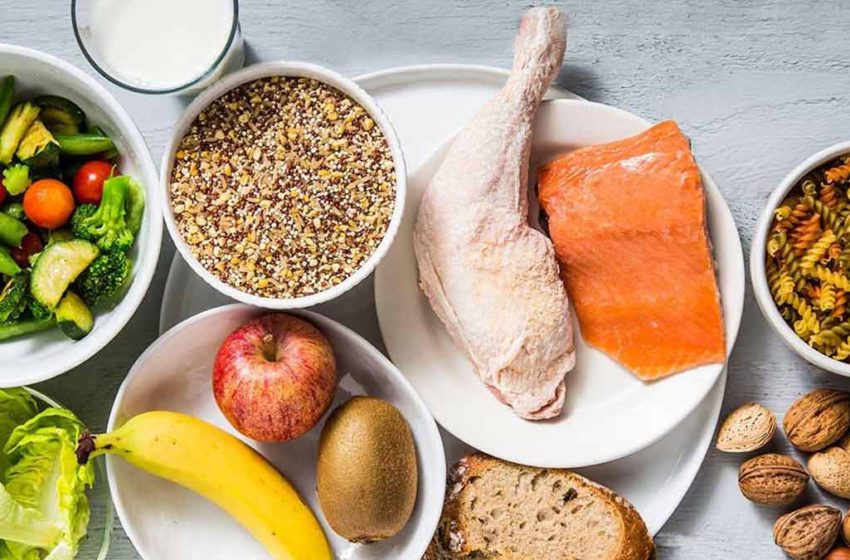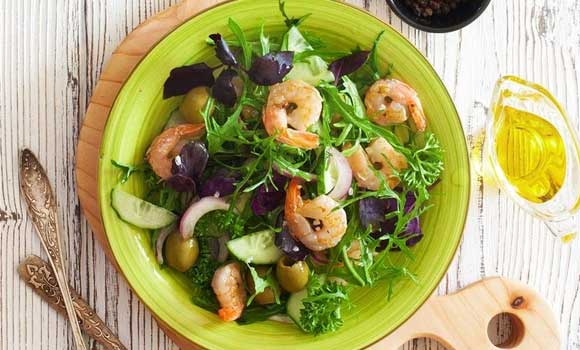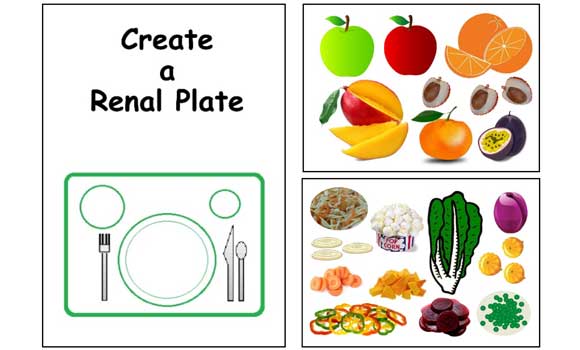WHAT IS RENAL DIET?

In the present world, when people are constantly working on maintaining their health and wellness, adhering to a good diet is of extreme importance. That is even more important when you are suffering from some kind of disease. Disease-specific diet plans are quite common and play a big role in your treatment process. In this regard, let us discuss a vital diet plan in this article – a renal diet!
As the name suggests, the diet indicates an eating plan for aiding the treatment of an unhealthy kidney, as well as to ensure the proper function of the kidneys. If you are conscious about your kidney health, you can rejig your eating habits to guarantee that they keep on function well. And if you have any kidney related disease including a Chronic Kidney Disorder or a partial or acute kidney failure, then you must shift to a proper diet without delay.
What is the diet all about?
As mentioned above, a renal or kidney dietary plan helps to keep you healthy in case of any kidney disorder. When we consume food or drinks, some waste is created in our body, which is generally removed through urination, if you have a healthy kidney. But a dysfunctional kidney cannot do it properly for you, which leads to the absorption of the waste in your body through blood. To void that, some manual methods to cut down on such waste is required. In such a case, the renal diet comes to help.
It usually includes a dietary plan sans potassium, sodium, phosphorus, and fluids. So, how to prepare for a proper dietary plan? Read on to find out.
The concept of an ideal renal diet

A diet plan assisting your kidney functions should aim at the consumption of such foods and drinks that produce minimal waste. A proper diet should exclude or limit the intake of following food items:
- The high-potassium foods like Avocado, banana, citrus foods, etc. should be excluded as far as possible;
- Dairy and dairy products consumption should be limited;
- you should avoid packaged foods and include fresh fruits and vegetables in your diet. Same goes for meat as well;
- You should not take salt or salt substitutes.
- You should limit the protein intake, especially those that contain phosphorus, sodium, and potassium; however, if you are going through dialysis, your doctor may recommend including more protein-rich foods in your diet.
- One should control fluid intake.
The key to reaping the absolute benefits of a diet is reasonableness. That means maintaining a balance. A kidney-friendly diet does not require you to abstain from many foods completely. What it mostly calls for, is mere moderation in the intake and limiting the food waste created in the body.
What a renal diet comprises of?
An ideal diet should comprise of fresh fruits and vegetables mostly. Every food item contains one or the other type of minerals that doctors do not recommend during kidney disorders. But it is not possible to remove everything from the diet. One should choose the right products in the right quantity so as to impact the kidneys the least. All the minerals like potassium, sodium, and phosphorus are important.
Thus we cannot avoid it completely. But you can restrict their intake. Usually, the diet should not include more than 1000mg of phosphorus and 2000mg of potassium per day. Sometimes doctor recommends including more carbohydrate and fat (mono and poly saturated fats) in the diet, as they are a very good source of energy and does not affect the kidney much. Kidney patients may also need to include iron, as they face a chance of suffering from anemia. A suitable renal diet varies from person to person.
Benefits of a renal diet

A proper renal diet not only helps in keeping you healthy by reducing the impact of a dysfunctional kidney, but it also improves your kidney health gradually and prevents a total renal failure.
- Maintaining a renal diet leads to limiting your potassium intake. This is necessary because a dysfunctional kidney means the potassium does go through urine and instead gets accumulated in your blood. Excess potassium in the blood is not at all good for your heart. It leads to irregular heartbeats, and can even stop your heart from pumping if not controlled. Added to that, it can cause the weakness of muscles and lack of energy.
- An appropriate renal diet also limits your sodium consumption by way of rejecting added salt in your food. Consumption of excess sodium increases the blood pressure, and that surges your thirst, leading to more water intake which creates greater pressure on your kidneys.
- Excess phosphorus in the body creates a variety of problems ranging from fragile bones to deposition of calcium in the hearts and blood vessels. Following a renal diet would help in keeping a check on the phosphorus accumulation in the body.
- Limiting fluid in the body is also important during kidney disorders because the kidneys cannot work to rid of the excess fluid through urination. That may lead to fluid accumulation in the body, resulting in fluid build-up in the heart and lungs. A renal diet aims at keeping the fluid intake under control.
Conclusion
Hence, a renal diet is a must for all patients suffering from kidney-related ailments. One should follow a renal diet during hemodialysis as well.
It is always better to consult a doctor for proper diagnosis of any kidney disorder. Depending on your kidney condition and what kind of renal ailment you are suffering from, your doctor or dietician is most likely to curate a diet for you. The diet greatly varies with the stage of the kidney disorder and the functioning capabilities of the kidneys. So getting an exclusive diet plan prepared as per your requirement is extremely beneficial.



